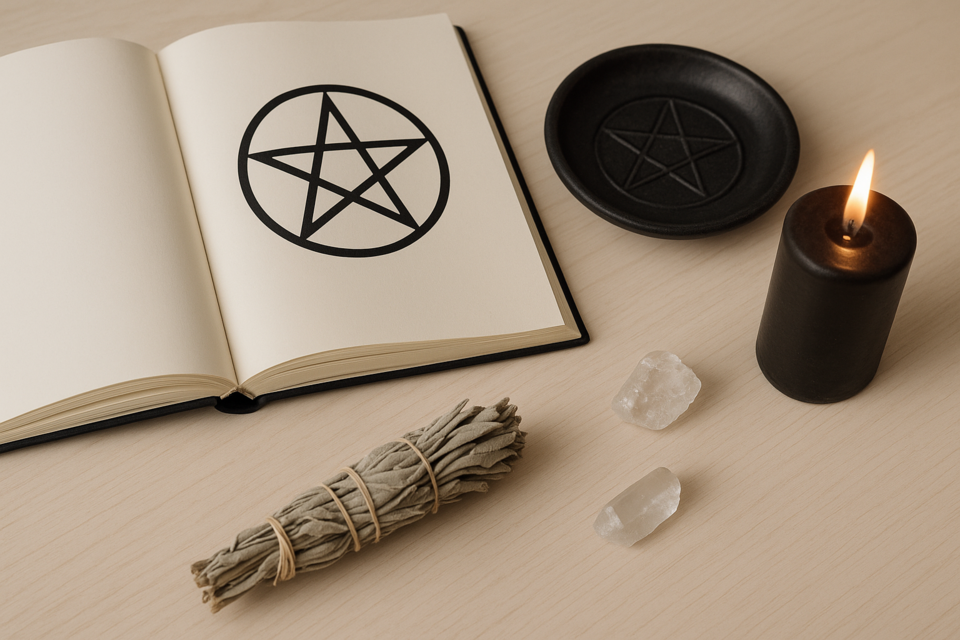Wicca 101
Learn the Essentials of Witchcraft!
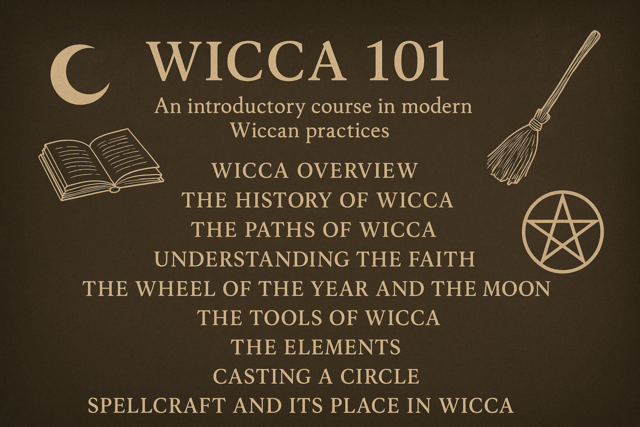
3 Hours average completion time
0.3 CEUs
11 Lessons
12 Exams & Assignments
8 Discussions
10 Videos
12 Reference Files
121 Articles
Mobile Friendly
Last Updated January 2026
Wicca, a term shrouded in myths and often tinged with fear, has for many centuries been misinterpreted due to historical prejudices and cultural superstitions. From tales of malevolent witches flying on broomsticks to stories of enchantresses casting nefarious spells, the word "witch" has been misunderstood for far too long. Yet, in recent years, a revival of interest in Paganism and, more specifically, Wicca has emerged. A surging number of individuals are turning to this earth-centric religion, seeking a deeper spiritual connection to nature and a less rigid and dogmatic spiritual path.
Course Overview:
This course unravels the intricate tapestry of Wicca, dispelling long-held misconceptions and illuminating its true essence. At its core, Wicca is a nature-based faith promoting positive living, harmony with the environment, and leading by virtuous example. Through a series of detailed lessons, students will gain insights into the driving principles of Wicca, its rich history, philosophical underpinnings, and its multifaceted practices.
Detailed Course Breakdown:
-
Wicca Overview: A broad introduction to the foundations of Wicca, addressing popular misconceptions and highlighting its genuine ethos.
-
The History of Wicca: Dive deep into the origins and evolution of Wicca, exploring its roots and understanding its transformation over time.
-
The Paths of Wicca: To Initiate or Not Initiate (Part One): Delve into the diverse traditions within Wicca, beginning with an exploration of whether to undertake formal initiation.
-
To Initiate or Not Initiate, Part Two: Continuing the discourse on initiation, this lesson expands on the various traditions and paths available to Wiccans.
-
Understanding the Faith: The Gods, the Rede, and Tenets: Grasp the central beliefs of Wicca, exploring the pantheon of deities, the Wiccan Rede's ethical guidelines, and the core tenets that shape the faith.
-
The Wheel of the Year and The Moon: Understand the significance of lunar phases and the annual cycle of festivals celebrated in Wicca, marking the turning of the seasons.
-
The Tools of Wicca: An introduction to the sacred instruments used in rituals, their symbolism, and practical applications.
-
The Elements: Discover the elemental foundations of Wiccan belief, delving into the symbolism and significance of Earth, Air, Fire, Water, and Spirit.
-
Casting a Circle: Master the art and significance of creating a sacred space for rituals, understanding the protective and energizing aspects of the circle.
-
Spellcraft and Its Place in Wicca: Dive into the world of Wiccan magic, discerning the ethical considerations, purposes, and methodologies of spellwork within the Wiccan tradition.
-
Correspondences and Review: Conclude the course by understanding the relationships and associations between different elements, tools, and deities in Wicca, followed by a comprehensive review of the entire curriculum.
Why Choose This Course?
"Wicca Unveiled" offers a rare opportunity to delve into the heart of a misunderstood religion, guided by experts well-versed in both historical and contemporary practices. Whether you're a curious seeker or someone interested in adopting the Wiccan path, this course provides clarity, depth, and a plethora of resources to expand your understanding.
Join us on this enlightening journey, exploring a faith that celebrates the beauty of nature, the cycles of life, and the power of positive intent. Let's dispel myths, embrace truths, and rediscover the rich tapestry that is Wicca.
- Crafting personalized spiritual practices
- Harnessing elemental energies
- Integrating ethical spellcraft in life
- Creating sacred ritual spaces
- Connecting with nature spiritually
- Understanding Wiccan ethical principles
- Utilizing Wiccan ritual tools
- Exploring diverse Wiccan traditions
- Mastering lunar and seasonal cycles
-
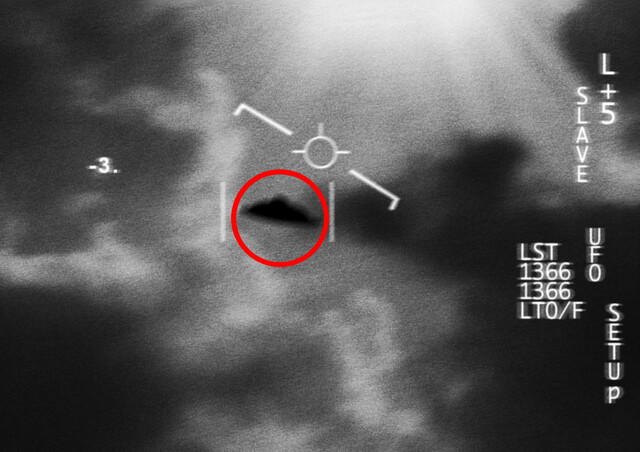
UFO Studies
-
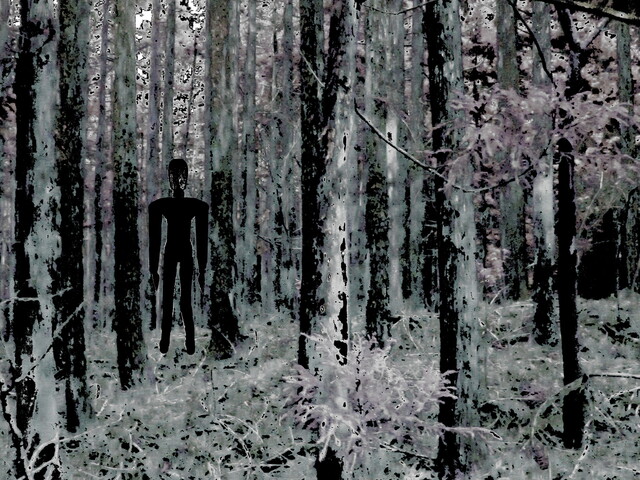
Cryptozoology 101
-
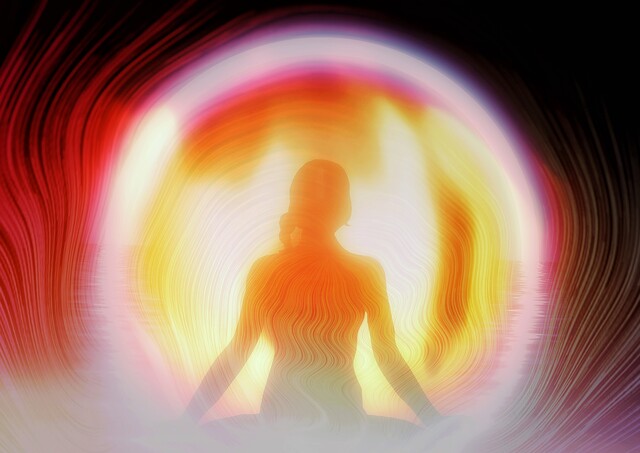
Auras: Viewing, Identifying, and Understanding
-
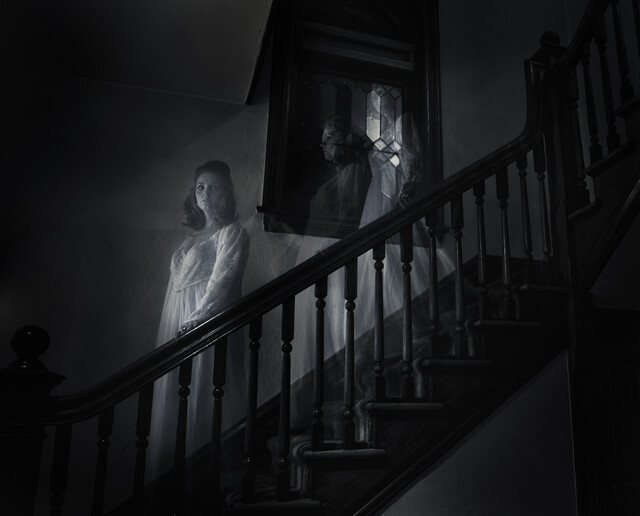
Paranormal Investigation 201
-
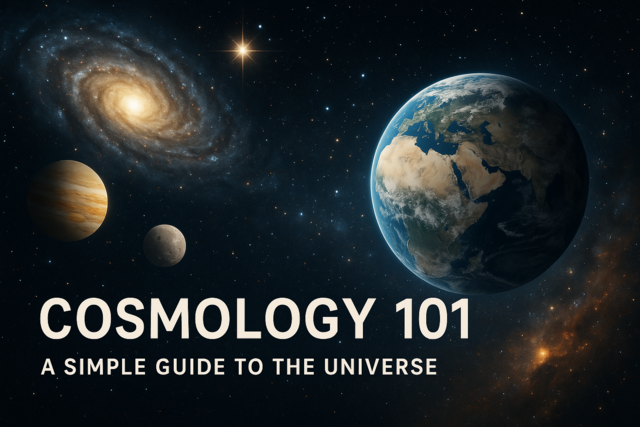
Cosmology 101: A Simple Guide to the Universe
-
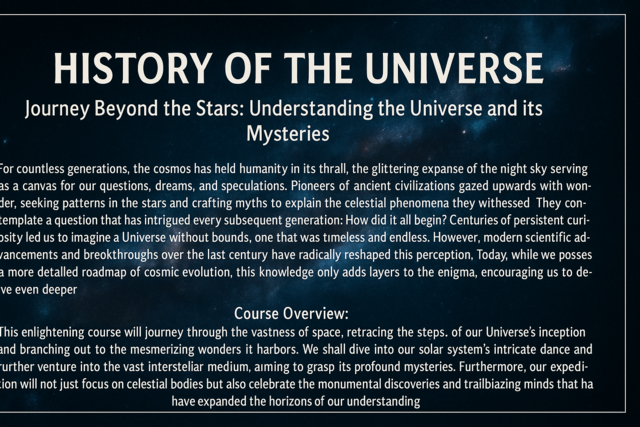
History of the Universe
-

Emotional Healing 101
-

Elemental Magick: Harnessing Nature's Forces
-
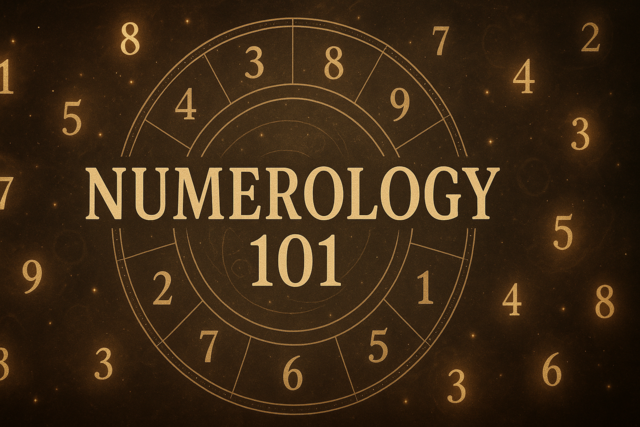
Numerology 101
-
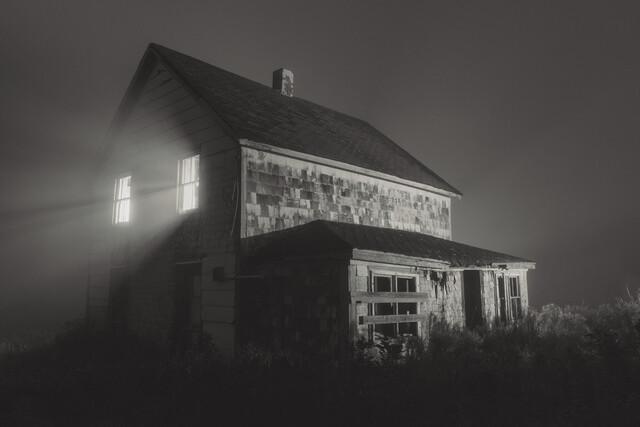
Haunted Places
-
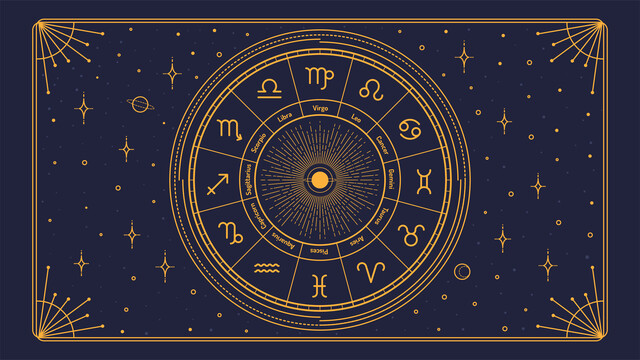
Astrology 101
-
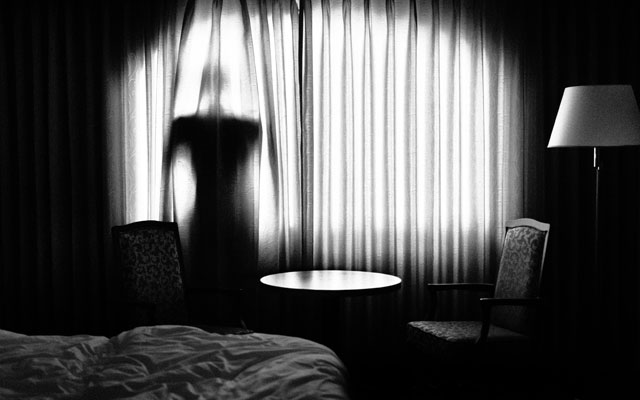
Paranormal Investigation 101
-

Reiki Ultimate 5 Course Bundle: Reiki Levels 1-5
-
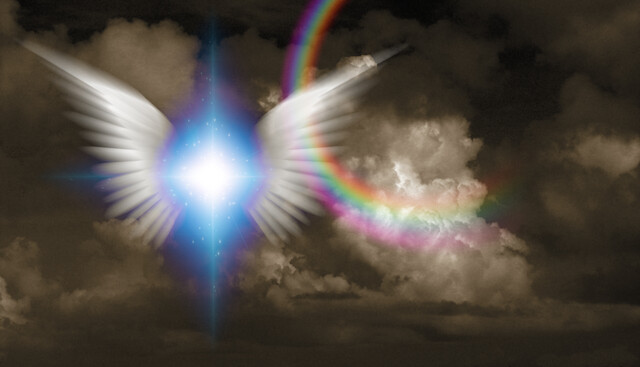
Angel Healing
-
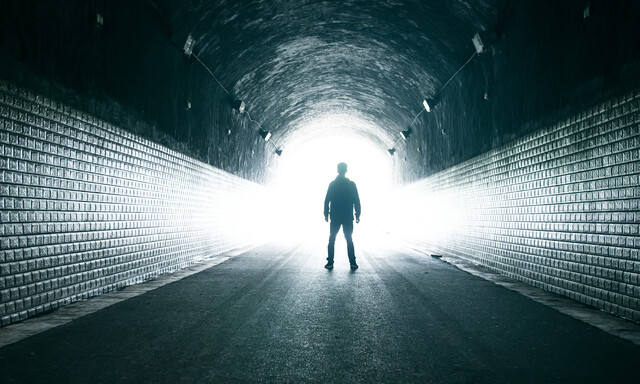
Paranormal Investigations: Complete Edition
-

Anxiety Therapy 101
